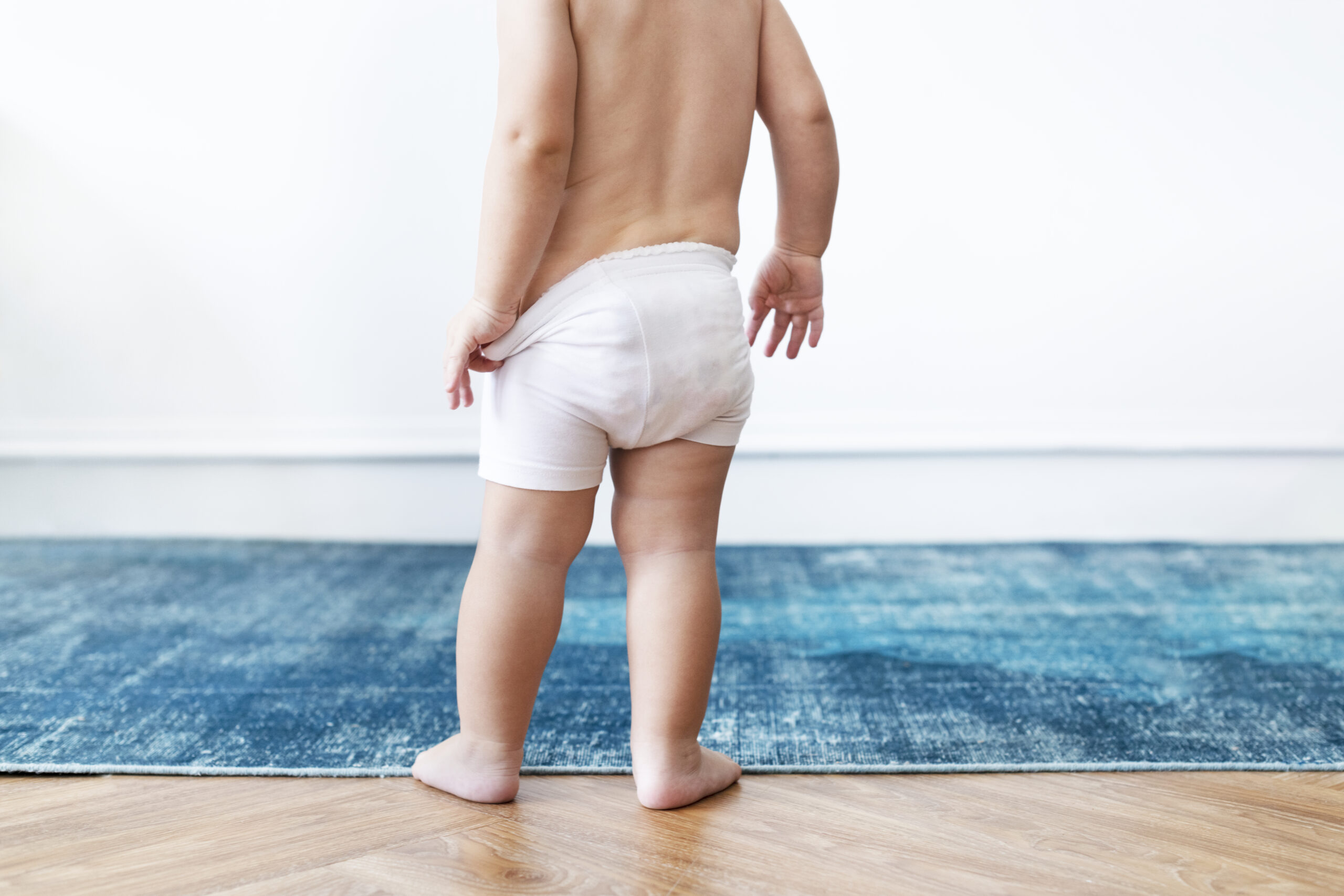“Results from the American Academy of Pediatrics study provides evidence of the substantial prevalence of diaper need in low-income families. This study calls attention to the fact that an insufficient supply of diapers is not only a risk factor for poor infant and child health but also for maternal mental health, potentially diminishing maternal sense of competence and increasing maternal stress, which ultimately leads to potential negative impacts on child health and development. For families who are financially struggling, health care professionals and researchers should recognize not only food and housing but also diapers as basic needs.” Source: Pediatrics – Official Journal of the American Academy of Pediatrics: “Diaper Needs and Its Impact on Child Health” – July 29, 2015

“Low-income families spent 13.9 percent of their income on diapers in 2014. For the years 2004 to 2014, this quintile spent a far larger share of their income on diapers than any of the other quintiles, roughly 2 to 2.75 times greater than the next poorest quintile.
It’s clear that the cost of diapers disproportionately hurt the poor. While many in the bottom two quintiles are helped by social programs, the necessity of diapers, the frequency of their use, and their high costs, add up to a significant burden for these households.” Source: Bureau of Labor Statistics


“Low-income families spent 13.9 percent of their income on diapers in 2014. For the years 2004 to 2014, this quintile spent a far larger share of their income on diapers than any of the other quintiles, roughly 2 to 2.75 times greater than the next poorest quintile.
It’s clear that the cost of diapers disproportionately hurt the poor. While many in the bottom two quintiles are helped by social programs, the necessity of diapers, the frequency of their use, and their high costs, add up to a significant burden for these households.” Source: Bureau of Labor Statistics

In Idaho 46% of infants and toddlers live in low-income families (that is 4% higher than the national average source: National Center for Children in Poverty). These same children (32,242 of them in Idaho) are particularly vulnerable to having their brain’s architecture weakened —this can’t be undone after age 3 and it affects later achievement and employment.
“A baby’s early experiences shape the brain’s architecture into a strong—or fragile—foundation for learning, health, and success in the workplace. Adverse early experiences, such as poverty, can weaken babies’ brain development and follow them their entire lives. A state’s ability to build a strong, competitive economy in an increasingly global marketplace is jeopardized when the future of so many young children is compromised….Good health is the foundation from which young children grow and develop physically, cognitively, emotionally, and socially.”
Source: Zero to Three – State Baby Facts, A look at Infants, Toddlers and Their Families in 2015 – Idaho
By helping provide families with access to concrete basic necessities such as diapers, the Idaho Diaper Bank is helping build stronger families and reduce the adverse early experiences many Idaho babies are experiencing.
To learn more about how you can help wipe out diaper need, visit our How You Can Help section.
Need more information? Get in touch with Idaho Diaper Bank today.
599 E. King St.
Ste. 150
Meridian, ID 83642
